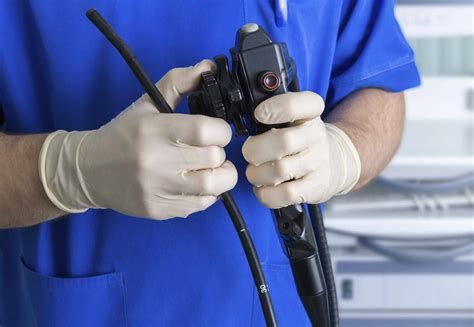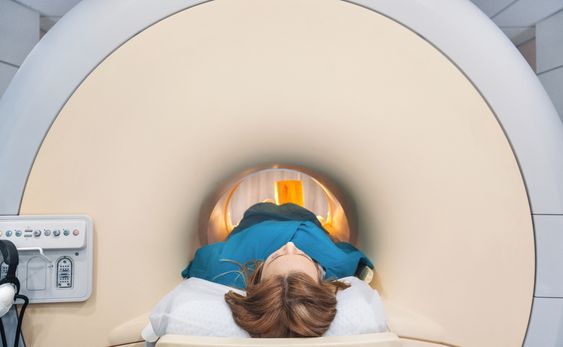Introduction
Colonoscopies are often viewed with a sense of dread, yet this essential procedure plays a crucial role in preventative healthcare, especially for individuals over the age of 50. While the thought of this examination might make you squeamish, understanding its importance can significantly impact your long-term health outcomes.

This article aims to shed light on the importance of colonoscopies in detecting and preventing colorectal cancer. We'll delve into what the procedure entails, why it's necessary, and the benefits of early detection.
Understanding Colon Cancer and the Role of Colonoscopies
Colorectal cancer is one of the most common types of cancer, but it is also highly preventable with early detection. A colonoscopy allows a gastroenterologist to visually examine the lining of your colon using a flexible tube equipped with a tiny camera. This procedure helps identify any abnormalities such as polyps, which are small growths that can sometimes develop into cancer.
Why Colonoscopies are Crucial
Colonoscopies are often the first line of defense against colon cancer. By detecting polyps early, doctors can remove them before they become cancerous, significantly reducing your risk. Early detection through regular colonoscopies can drastically increase survival rates for colon cancer.
The Benefits of Early Detection
The importance of early detection cannot be overstated. When colon cancer is found early, it is often localized and easier to treat. Regular colonoscopies can provide peace of mind and improve your chances of long-term health and well-being.





